
Last week I was at the “World Innovation Summit for Education” (WISE) in Doha, and I don’t think I heard the word “bureaucrat” once. Clearly the organisers don’t read Blattman or they would know that Bureaucracy is so hot right now.
The World Bank might be a bit more ahead of the curve here, and held a workshop earlier this month on “Innovating Bureaucracy.” I wasn’t able to attend (ahem, wasn’t invited), and so as the king of conference write-upsdoesn’t seem to have gotten around to it yet, I’ve written up my notes from skimming through the slides (you can read the full presentations here).
Tim Besley — state effectiveness now lies at the heart of the study of development. Incentives, selection, and culture are key, and it is essential to study the 3 together not in isolation.
Michael Best — looks at efficiency of procurement across 100,000 government agencies (each with decentralised hiring) in Russia. Wide variation in prices paid by different individuals/agencies, with big potential for improvement.
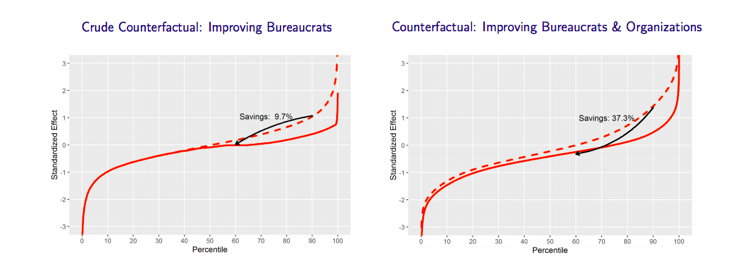
Zahid Hasnain — presents Worldwide Bureaucracy Indicators (WWBI) for 79 countries. Public sector employment is 60% of formal employment in Africa & South Asia, and is usually better paid than private employment.
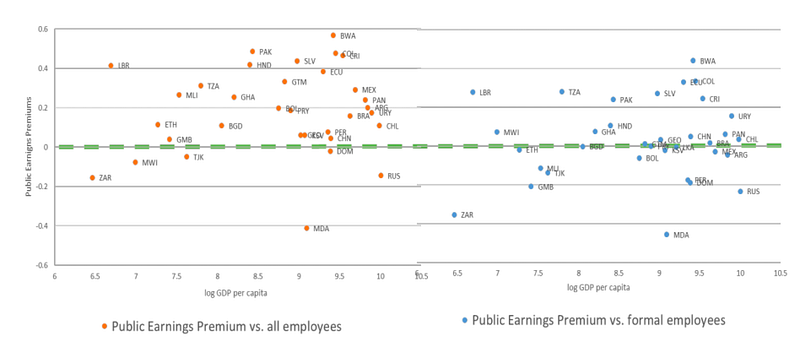
Richard Disney — provides a critique of simple public-private pay gap comparisons — need to consider conditions, pensions, and vocation. Lack of well-identified causal studies.
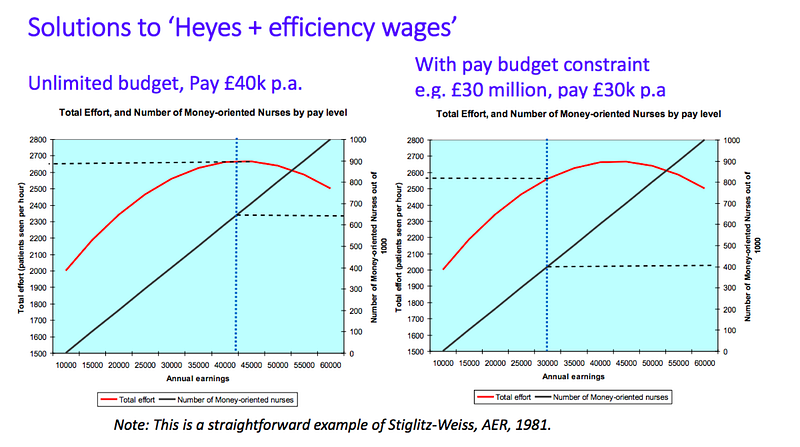
James L. Perry — 5 key lessons on motivating bureaucrats in developing countries.
(1) select for ‘vocation’
(2) work on prosocial culture
(3) leverage employee-service beneficiary ties
(4) teacher newcomers public service values
(5) develop leaders who model public service values. (full paper here)
Erika Deserranno: Summary of experimental lit on financial & non-financial incentives for workers. Both can work when well designed, or backfire when not. 3 conditions for effective performance-based incentives;
(1) Simple to understand
(2) Linked to measurable targets
(3) Workers can realistically affect targets
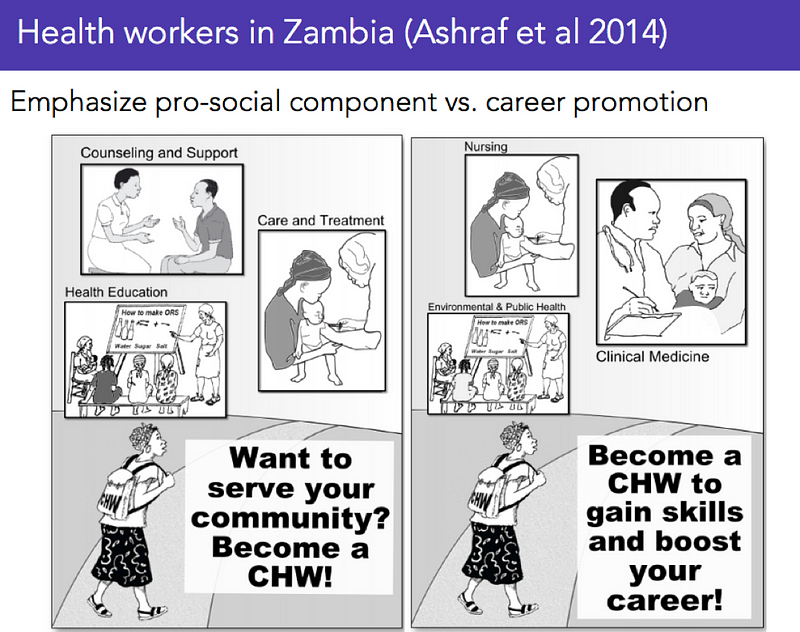
Yuen Yuen Ang — How has China done so well in last 40 years without democratic reform? Through bureaucratic reform which has provided accountability, competition, limits on power. 50 million bureaucrats: 20% managers & 80% frontline workers. Managers have performance contracts focused on outcomes, with published league tables. Frontline workers have large performance-based informal compensation. (bonus podcast edition with Alice Evans here)
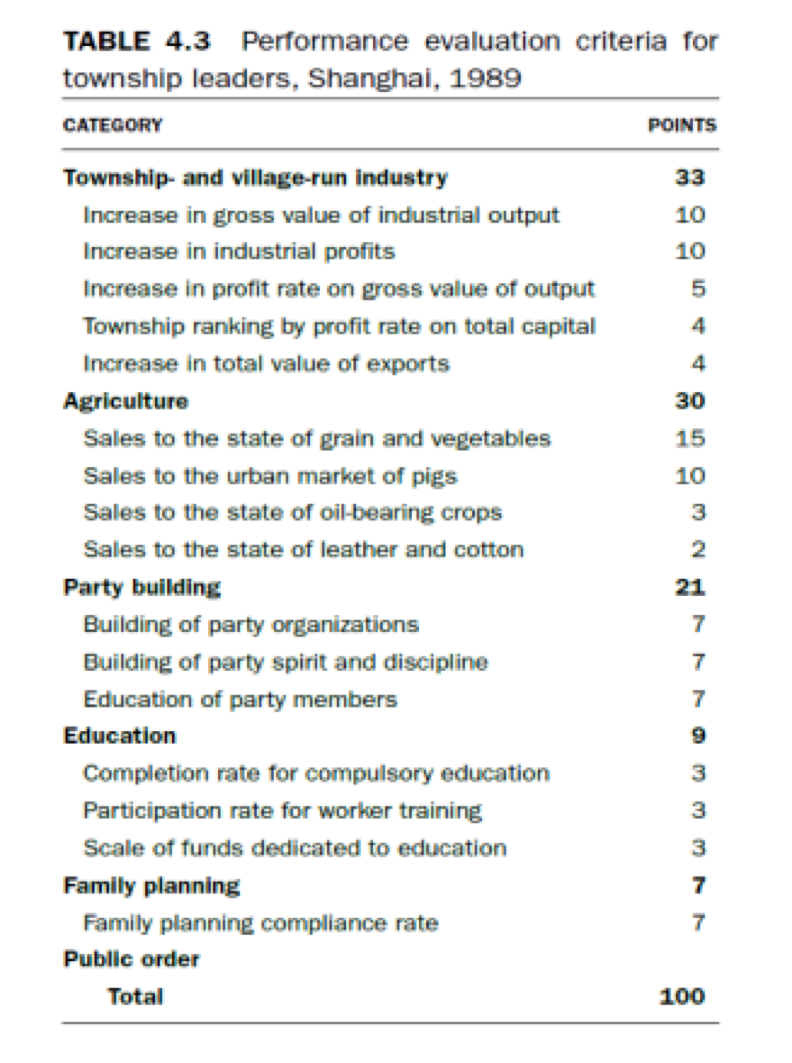
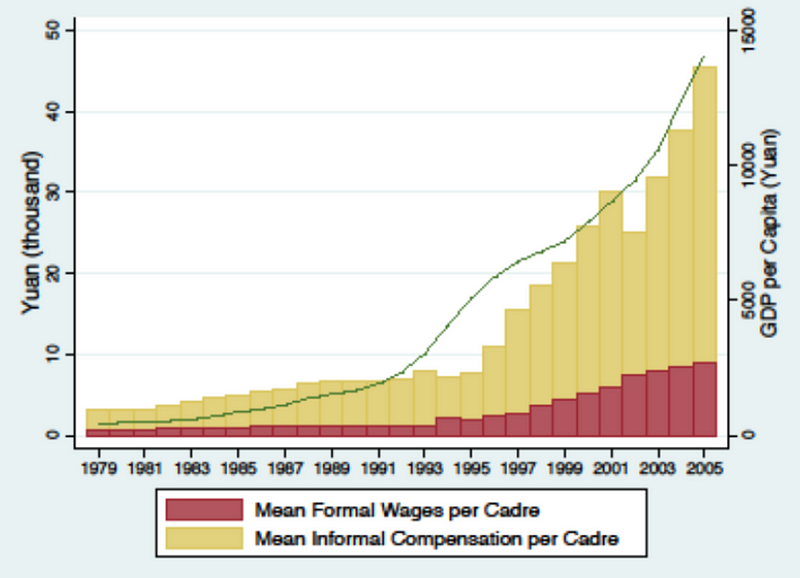


Stuti Khemani — research & policy rightly moving from short-route accountability to long-route. Need much more evidence on how public sector workers are selected. One example suggests elected Chairpersons have higher cognitive ability, higher risk aversion, lower integrity.
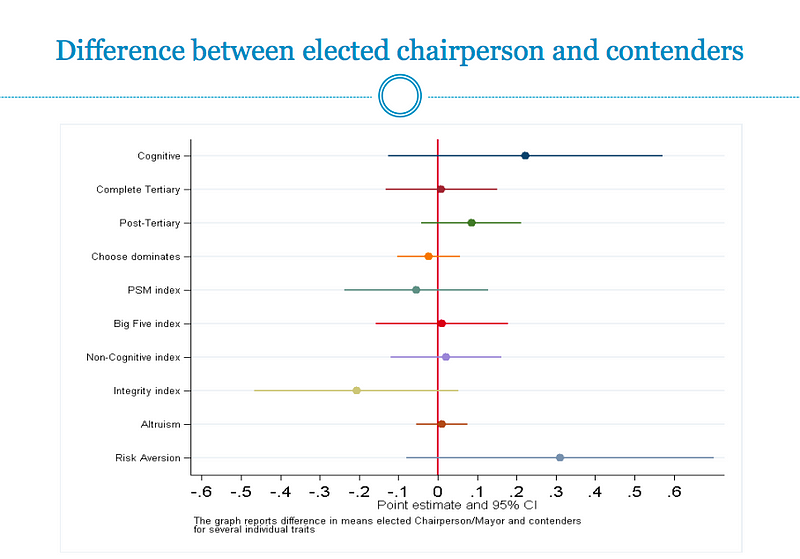
Jane Fountain — government IT projects fail in part because they’re too large — should move to agile development (build small and quick, get feedback, revise)
Arianna Legovini — improved inspections of health facilities in Kenya seem to be improving patient safety.
Arianna Legovini — improved inspections of health facilities in Kenya seem to be improving patient safety.
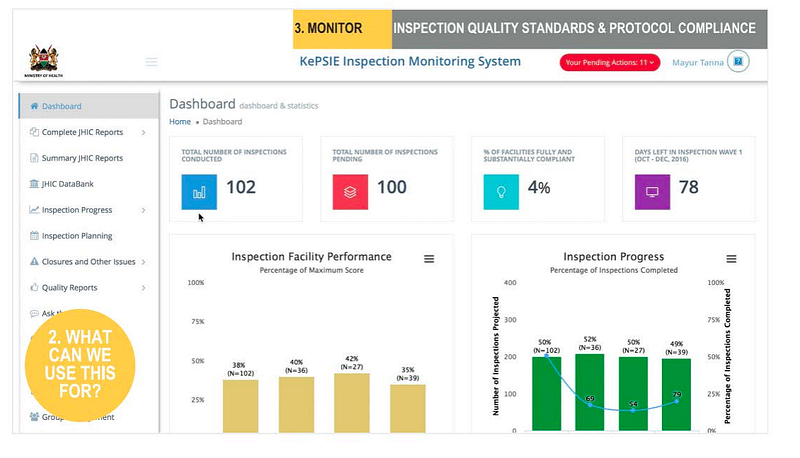
Daniel Rogger — new empirics of bureaucracy — World Bank bureaucracy lab investing in substantial new descriptive work on bureaucracy and bureaucrats using both surveys & administrative data, as well as RCTs on reforms
Jim Brumby, Raymond Muhula, Gael Rabelland — two helpful 2x2s — need to understand both capacity & incentive for reform, and then match data architecture to difficulty of measuring performance.
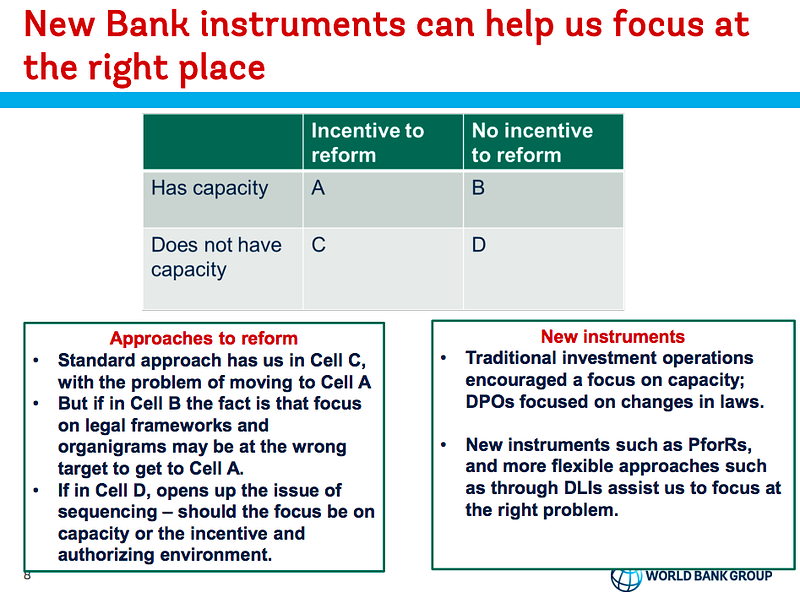

No comments:
Post a Comment